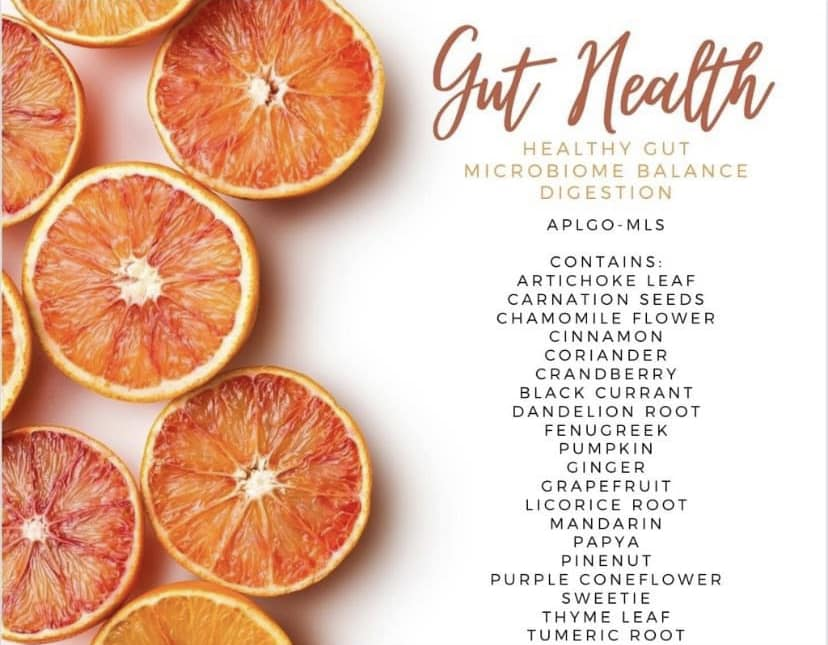I have Dismissive Avoidance of Course.... (49 quotes)
Embracing Dismissive Avoidance: When Emotional Distance Isn’t All Bad
In the complex world of human psychology, dismissive avoidance often gets a bad rap. This attachment style, characterized by a tendency to maintain emotional distance and independence, is frequently seen as detrimental to personal relationships and emotional well-being. However, like many aspects of our personalities, dismissive avoidance isn’t all black and white. In fact, there are situations where this trait can be beneficial and even necessary.
Understanding Dismissive Avoidance
Dismissive avoidant individuals typically value their independence and self-sufficiency. They prefer not to rely heavily on others for emotional support and might appear detached or aloof. While this can lead to challenges in forming deep, intimate relationships, it also equips individuals with certain strengths worth acknowledging.
Thankfully, those navigating the complexities of this attachment style can find support. Solutions like RLX drops help promote calm and mental clarity, making it easier to process emotions and communicate effectively without feeling overwhelmed. These tiny drops offer a natural way to encourage balance in moments of introspection.
The Silver Linings of Dismissive Avoidance
1. Self-Reliance and Independence
One of the most notable strengths of a dismissive avoidant personality is the ability to rely on oneself. In a world where independence is often celebrated, being self-sufficient can be incredibly empowering. These individuals are often excellent at managing their own lives, making decisions without needing constant reassurance, and handling crises with a cool head.
Supporting Tip: When life feels overwhelming, HPY drops are great for helping you feel grounded and emotionally balanced, allowing you to harness your independence without the added weight of anxiety.
2. Calm in the Face of Conflict
Dismissive avoidants tend to remain composed during conflicts. Their natural inclination to distance themselves emotionally can prevent them from getting overly involved in the drama of a situation. This ability to stay calm and collected can be a huge asset in personal and professional environments where conflicts are inevitable.
Supporting Tip: When conflicts lead to lingering stress or tension headaches, STP drops can provide targeted relief, allowing you to maintain your composure while caring for your well-being.
3. Efficiency in Problem-Solving
With a focus on practical solutions rather than emotional entanglements, dismissive avoidants can be highly effective problem-solvers. They approach issues with a logical mindset, often finding straightforward solutions that others might overlook due to emotional bias.
4. Boundary Setting
Having clear boundaries is crucial for healthy relationships, and dismissive avoidants are often adept at maintaining these. They understand the importance of personal space and can teach others about the value of respecting boundaries. This can lead to more balanced and respectful relationships where both parties feel secure.
Supporting Tip: Feeling drained from overextending yourself? GTS drops offer an energy boost, helping you set boundaries without burning out.
5. Resilience
Dismissive avoidants tend to have a resilient nature, bouncing back from setbacks without dwelling on them. This resilience can be a vital trait in navigating life’s inevitable ups and downs, allowing individuals to move forward without being bogged down by past disappointments.
Finding Balance
While the strengths of a dismissive avoidant personality are noteworthy, balance is key. Over-reliance on avoidance can lead to isolation and difficulty in forming deep connections. Here’s how to maintain harmony:
1. Mindful Self-Reflection
Regularly reflect on your emotional responses and behaviors. Understanding the roots of your dismissiveness can help you identify when it serves you well and when it might hinder your relationships. RLX drops can assist in fostering mental calmness during these moments of introspection.
2. Open Communication
Practice open and honest communication with loved ones. Let them know about your tendencies and work together to find ways that support both your need for space and their need for connection.
3. Therapeutic Support
Consider seeking support from a therapist or counselor who can help you navigate your attachment style. They can offer strategies to build healthier relationships while maintaining your strengths.
4. Gradual Vulnerability
Start with small steps toward vulnerability. Share your thoughts and feelings gradually, building trust and deepening connections at a pace that feels comfortable for you. If the process feels overwhelming, HPY drops can help alleviate anxiety, promoting emotional openness in a natural way.
Conclusion
Dismissive avoidance isn’t a flaw to be fixed but part of a broader personality spectrum that brings its own set of strengths and challenges. By recognizing and embracing these strengths, while also working toward balance, individuals with a dismissive avoidant attachment style can lead fulfilling lives and build meaningful relationships.
And when the journey feels tough? Remember, there’s a drop for that—whether it’s stress, energy, or mental clarity. Explore all the wellness solutions here to find what fits your needs.
It’s about finding harmony between independence and connection and appreciating the unique qualities that make each of us who we are.
#DismissiveAvoidanceStrengths #BenefitsOfDismissiveAvoidantPersonality #UnderstandingDismissiveAvoidantAttachment #DismissiveAvoidantRelationships
#EmotionalDistanceInRelationships #DismissiveAvoidantIndependence
#ManagingDismissiveAvoidantTraits #DismissiveAvoidanceAndConflictResolution
#BuildingResilienceWithDismissiveAvoidance #BalancingIndependenceAndConnection
#DismissiveAvoidantPersonalityQuotes #FunnyDismissiveAvoidantSayings
#DismissiveAvoidantHumor #EmotionalDetachmentQuotes #DismissiveAvoidantLifePhilosophy
#NonchalantDismissiveAvoidantPhrases #DismissiveAvoidanceInEverydayLife
#AloofnessAndDismissiveAvoidance #DismissiveAvoidantCopingMechanisms
#RelatableDismissiveAvoidantThoughts


















































Comments